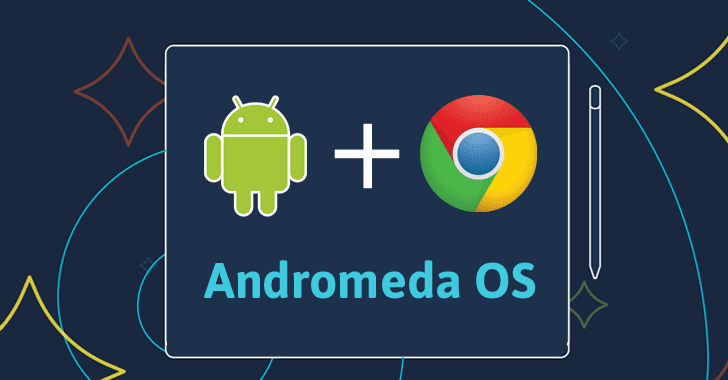
App developers commonly cite device fragmentation as one of their biggest peeves about the Android platform. While Apple keeps a stronghold on all iOS devices, Android allows third-party developers to create hardware for the platform. With a number of different devices all with different screen sizes, tech specs and OS capabilities, developers cannot efficiently optimize the end user experience of their apps for all devices as they can with iOS. However, Google is making a major move to create a more streamlined app ecosystem with Andromeda.
Rumors of Andromeda began when multiple independent sources revealed it would be announced at Google’s October 4th announcement. When October 4th turned out to be hardware-focused, the heat died down on Andromeda. However, in the big picture, Andromeda represents a necessary move in order to prevent Google from losing potentially billions of dollars to Apple in the years and decades to come.
WHAT IS ANDROMEDA?
The idea of Andromeda is to combine Google’s laptop OS (Chrome OS) and their mobile and tablet OS (Android). Chrome OS is not Google Chrome, the web browser you may or may not use every day, but their desktop operating system which works with Chromebooks. For the skinny on Chrome, check out this awesome breakdown:
https://www.youtube.com/watch?v=0QRO3gKj3qw
Rather than integrate Android features on Chrome OS, Andromeda will do the opposite and enable mobile devices with Chrome OS features. Mobile devices will begin to feel like an extension of one’s desktop. Rumored features include file organization, multi-modal windowing and compatibility between mobile and desktop apps. While the details have yet to be revealed, the concept behind Andromeda makes it a huge, necessary step for Google’s long-term future in the OS market.
WHY IT’S IMPORTANT
Andromeda will put Google in direct competition with the Mac OS X and Windows platforms. Apple has long been focused on device Continuity, the interchangeability between iOS devices. Their mobile (iOS) & desktop (OS X) operating systems are optimized to work together. By merging Google’s mobile platform with their desktop OS, Google increases cross-device functionality and creates a strong incentive for consumers to keep all their devices within the Google brand.
THE INTERNET OF THINGS MAKES THIS SINK OR SWIM FOR GOOGLE
The good news for app developers is in Andromeda’s long-term potential. Andromeda will enable developers to create apps which seamlessly function across devices: smartphones, tablets and desktops. As the IoT becomes domesticated, having a unified OS will mean big bucks for software companies looking to capitalize on home automation and commercial IoT products. In 10 years, consumers will be incredulous if they can’t control their coffee machine, change the channel on their TV and lock their doors on any of their devices. They want cohesive simplicity. If Google loses the OS battle with a less cohesive strategy than Apple, they will also lose the smartphone, tablet, TV and laptop.
CONCLUSION
Dennis Jones, CEO of payments technology company Judopay, put it this way for Developer-Tech: “Andromeda will be the foundation for omnipresence for Google-powered hardware, similar to Apple’s ecosystem… Andromeda is the foundation to enable this omnichannel world.”
Without Andromeda, Google would be dead in the water against the future omnichannel world Apple has been developing over the years. Who will execute better? Until the public sees Andromeda in action, the answer remains to be seen.
